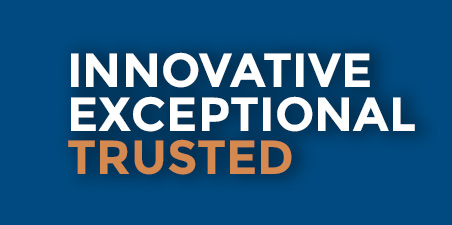Reauthorization bill H.R. 798, or The Workforce Investment Act of 2013, was introduced by Representatives John Tierney (D-MA), Ruben Hinojosa (D-TX) and George Miller (D-CA) in mid-February. (Congress.gov offers a concise overview of this workforce development reauthorization.)
Referred to the Subcommittee on Higher Education and Workforce Training in late April, this amendment to the Workforce Investment Act of 1998 (WIA) is an alternative to the Republican H.R. 803 Supporting Knowledge and Investing in Lifelong Skills (SKILLS) Act, which Democrats claim “is highly partisan and will have a grave impact on the workforce investment system.”
With 49 co-sponsors, it is directed at reform rather than recreation. Democratic sentiment is that it is better to learn from what has been historically successful, modernize it, and add to it as opposed to reinvention or wholesale elimination.
Ultimately, the bill aims at WIA title I (workforce investment systems for job training and employment services) and title II (adult education and family literacy education programs) requirement revision and appropriation reauthorization.
The Democratic approach to WIA reauthorization is driven by three core principles:
• Streamlining and improving workforce investment system programs.
• Strengthening workforce investment system accountability.
• Promoting innovation and best practices within the workforce investment system.
There is a concession among Democrats that changes need to be made ensuring greater efficiency and that measures reflecting the times be introduced, but not at the expense of those that the party has dubbed “key stakeholders.”
The measures would include, among others:
• Expanding the role of Community Colleges in job training.
• Developing a 21st century delivery system for Adult Education Literacy and Workplace Skills Services.
• Engaging youth through multiple pathways to success.
• Creating competitive employment services and opportunities for individuals with disabilities.
The bill casts an eye toward increased accountability and decreased taxpayer cost through performance measures and reporting across programs without marginalizing those disadvantaged populations in the workforce. It aims to improve efficiency while still providing invaluable services to those that are need of developing the skills necessary to find proper employment.
In addition to leveraging partnerships with Community Colleges, community labor organizations, and non-profit organizations, the WIA of 2013 would also identify in-demand sector employers and form strategic partnerships with them.
As always, KRA Corporation welcomes any legislative amendments that seek to better serve those in search of starting or advancing their careers. We trust that this bill will continue to enhance the lives of our customers by addressing the core employment needs of our communities and the people that make them thrive.


 Dr. Boone’s 20+ years’ experience in the industry is extensive and her expertise in private-, public-, and non-profit sector workforce-services organizations is unparalleled, particularly in the Baltimore–Washington Metropolitan area.
Dr. Boone’s 20+ years’ experience in the industry is extensive and her expertise in private-, public-, and non-profit sector workforce-services organizations is unparalleled, particularly in the Baltimore–Washington Metropolitan area.






















